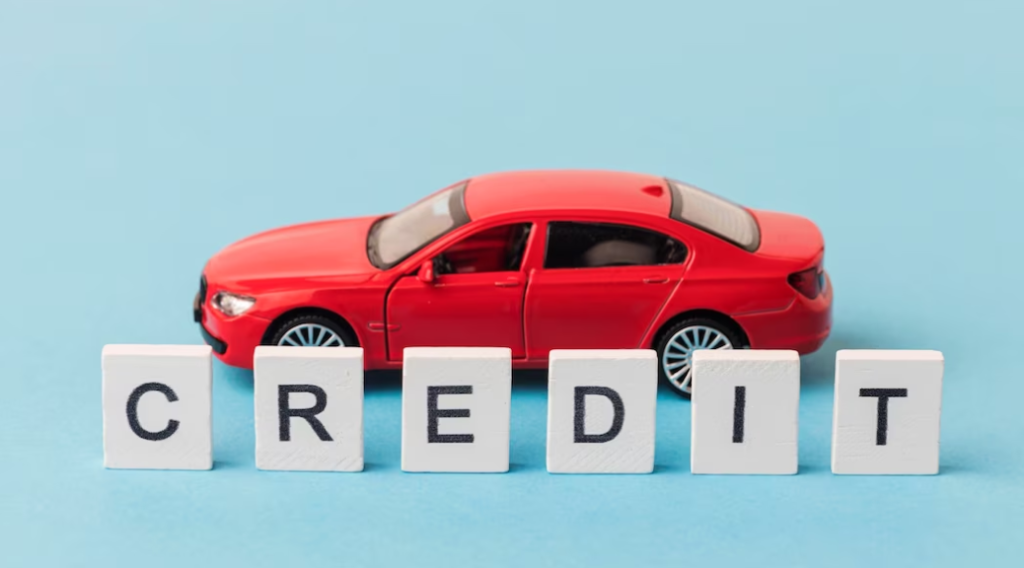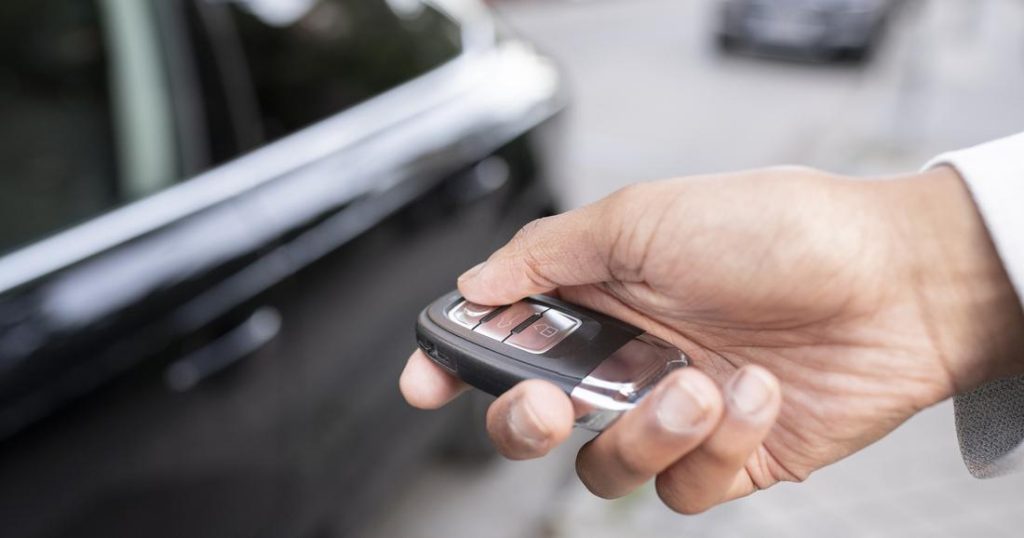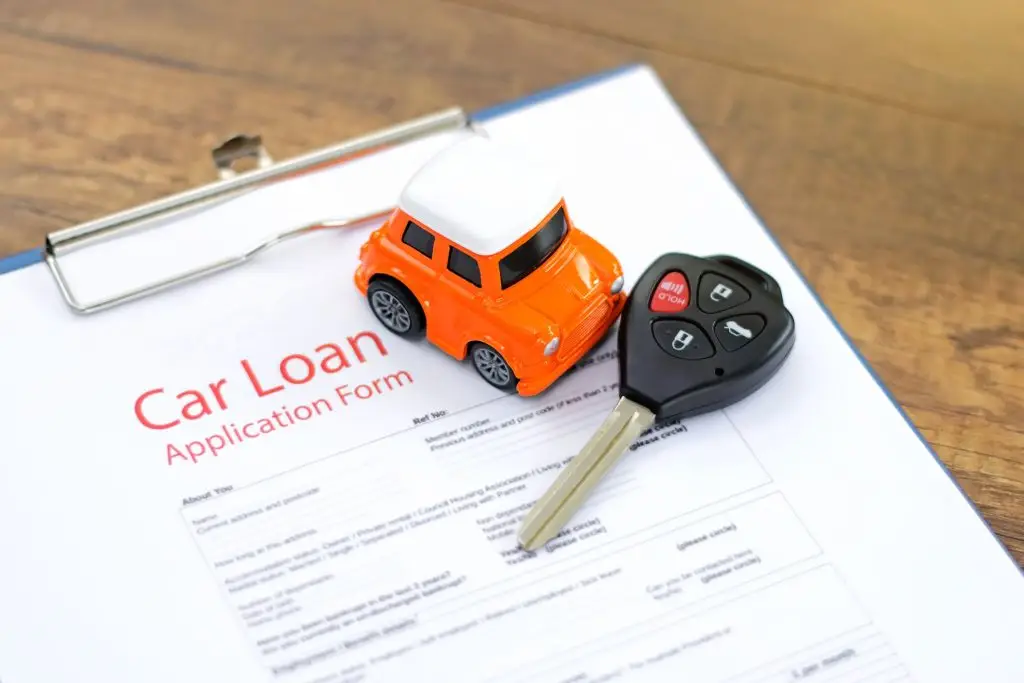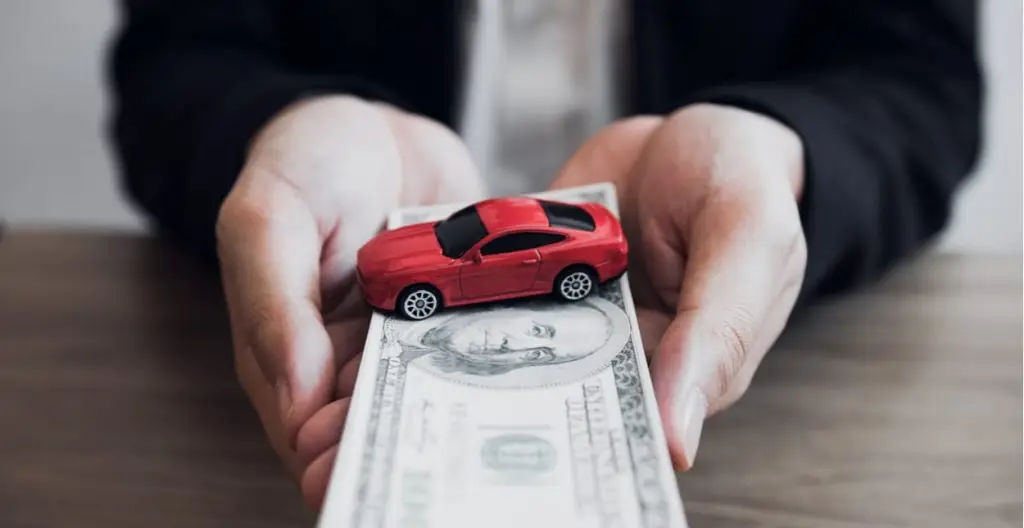500 Down Car Near Me? Great City Cars Cuts the BHPH BS
By Breck Hapner If you’ve ever searched “500 down car near me” at 11:47 p.m. with a dying ride, you already know the internet is a swamp. Half the ads feel like they were written by a casino. The other half feel like they’re baiting you into a contract you’ll regret before you even make […]






